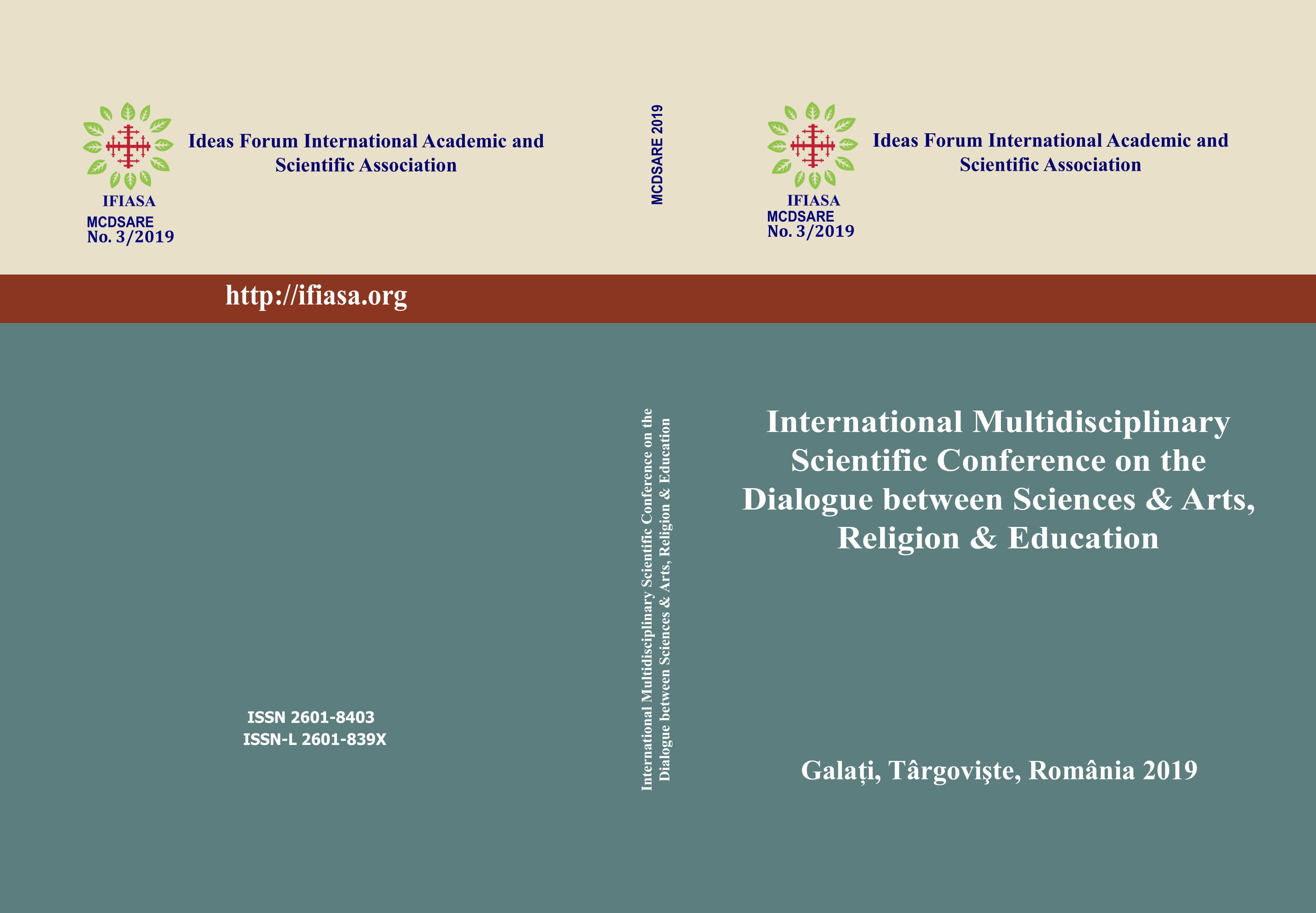THE RELATIONSHIP BETWEEN RELIGION AND SOCIETY
FROM THE EVOLUTIONARY PERSPECTIVE; THE
"EVOLUTIONARY WAGER OF RELIGION"
THE RELATIONSHIP BETWEEN RELIGION AND SOCIETY
FROM THE EVOLUTIONARY PERSPECTIVE; THE
"EVOLUTIONARY WAGER OF RELIGION"
Author(s): Viorel RotilăSubject(s): Philosophy, Ethics / Practical Philosophy
Published by: Ideas Forum International Academic and Scientific Association
Keywords: religious mind; Rotila's wager; evolutionism; social utility; useful fictions; the evolutionary wager of religion;
Summary/Abstract: The article analyses the social utility of religion from an evolutionary perspective, identifying someimportant contributions that religion may have had in the emergence of man and humanity. The articlecan be interpreted as a reformulation of Pascal's wager in which we bet on the social utility of religion: IfGod exists, I have won! If God does not exist, but we are immersed in a system of religious beliefs thatsupport community development we have also won! The condition is the social utility of religion. At thesame time, we propose "Rotilă's wager": in order to have a chance of survival, religion must bet on theevolutionary approach of its purpose in the history of humanity, namely on the identification of its owndomain of competence in the existence of the humane through scientific approaches. Religion risksfocusing on issues for which there is no evidence, missing the importance of what it can prove. Thechance of religion is to identify its own domain of competence in the existence of the humane throughscientific approaches. The truth about religion can be found through the understanding of the emergenceand evolution of religion. Religion is based on illusions that have generated useful social institutions;these are part of the category of social fictions, their role being similar to legal fiction. Religion is aprecursor to laic institutions, as it is part of their history. We also operate with the "religious mind"hypothesis: the social brain hypothesis includes the hypothesis of the religious brain; if the "dialogue"specific to social existence has led to the increase in the volume (and a form of structuring) of the brainthen we can consider that the complex relationships with the deities have played the same role.
- Issue Year: 3/2019
- Issue No: 3
- Page Range: 122-131
- Page Count: 10
- Language: English

